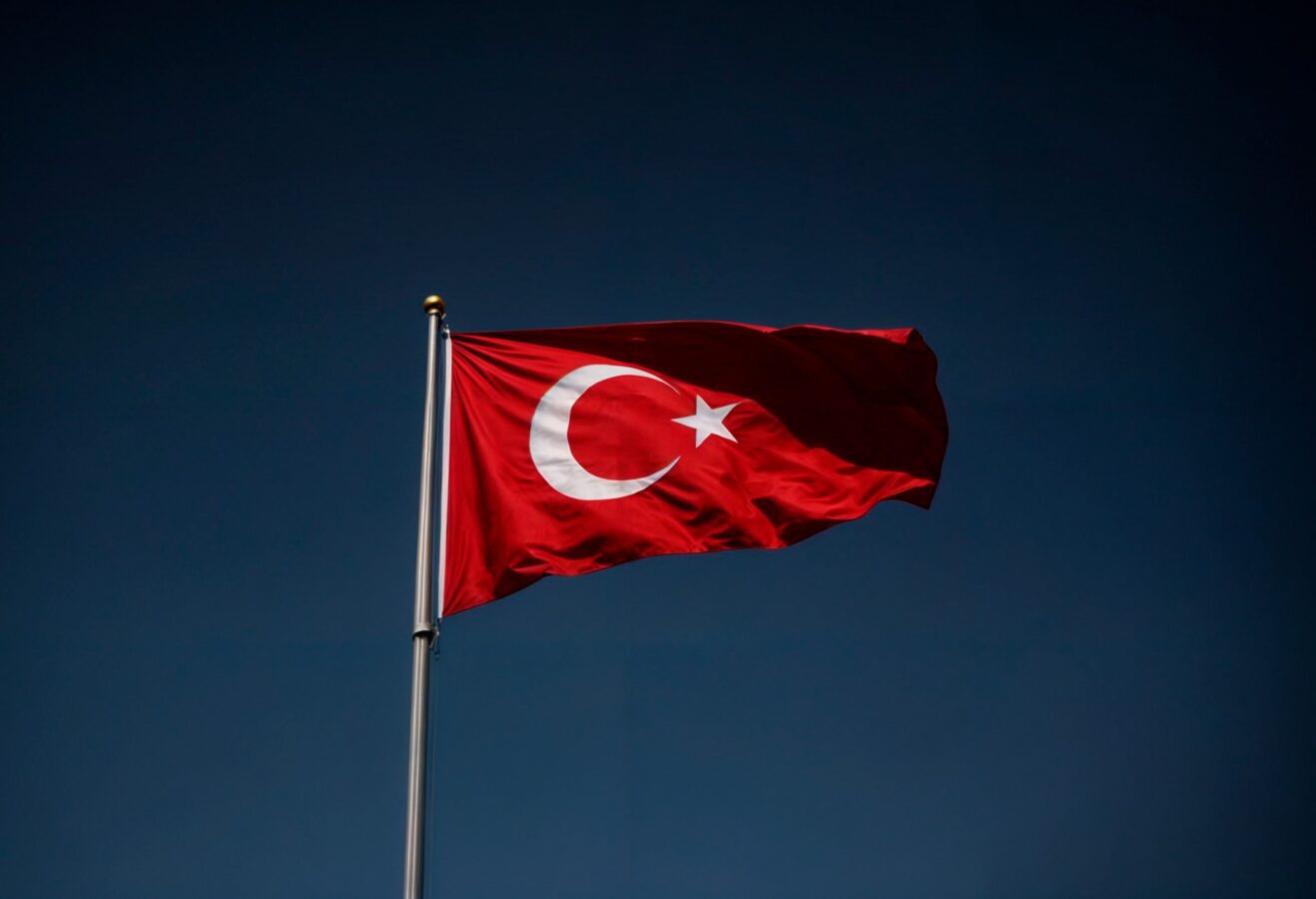
The attempted coup of July 15, 2016, constituted a pivotal moment in modern Türkiye’s history, revealing both the deep fractures within Turkish society and the complex power struggles within its institutions, but also the remarkable strength of democratic resistance. The failure of this putschist attempt can be explained primarily by the lack of sufficient popular and institutional support, but above all by an exceptionally large-scale civilian mobilization. Millions of Turkish citizens spontaneously took to the streets, braving tanks and fighter jets, to defend their democratically elected institutions. This massive popular reaction demonstrated the Turkish people’s profound attachment to democratic values and their categorical refusal to see their country fall under an illegitimate military regime.
The 2025 commemorations hold particular importance in the current geopolitical context marked by global instability and challenges to democratic systems. At a time when many democracies face internal and external challenges, the Turkish example of July 15 illustrates in a striking manner that popular sovereignty can triumph over attempts to seize power by force. This victory of the people through their peaceful yet determined uprising constitutes a powerful testimony to democratic vitality and the unanimous rejection of any form of military or institutional coup. It reminds us that legitimacy can only emanate from the people and that they remain the ultimate guardians of their democratic institutions, even in the face of the most difficult trials.
The heroic defense of Turkish democracy on July 15, 2016, also revealed the unshakeable strength of the people’s attachment to freedom. Faced with armored vehicles and combat aircraft, Turkish citizens chose to defend their fundamental rights rather than yield to intimidation. This spontaneous resistance demonstrated that freedom is not a fragile acquisition, but a value deeply rooted in the Turkish collective consciousness. The images of entire families, young and old marching together toward places of power to protect them, perfectly illustrate this thirst for freedom that transcends generational and social divisions. This historic night proved that when freedom is threatened, the people know how to mobilize with exemplary determination. The July 15 episode ultimately strengthened the democratic foundations of modern Türkiye by demonstrating the political maturity of its civil society. Unlike past coups that had been able to benefit from a certain popular passivity, this attempt encountered a wall of democratic resistance. Citizens understood that their active participation was indispensable to bar the road to any tyranny. Beyond the political, ethnic, or religious divisions that might have existed, the Turkish people rallied around common values: the defense of national sovereignty and the rejection of military dictatorship. The Turkish example proves that democracy is not merely a political system, but a living culture that feeds on the active participation of citizens.
The commemorations organized in 2025 perfectly illustrate this determination. Placed under the evocative theme « The Name of Victory: Türkiye, » these celebrations included a rich and symbolic program that allowed visitors, notably the 200 journalists from Türkiye and abroad, to relive this democratic epic. The organized memorial routes led participants through the emblematic places of resistance: the presidential complex where democracy was defended, the July 15 Democracy Museum that perpetuates the memory of this historic night, the Turkish Grand National Assembly as a symbol of popular sovereignty, the July 15 Memory Museum that honors the heroes of the resistance, as well as the Istanbul Governor’s offices, privileged witnesses to citizen mobilization.
By celebrating this victory of democracy, Türkiye reminds the world that freedom and national unity are never definitive acquisitions, but conquests that must be permanently defended by vigilant and determined peoples.